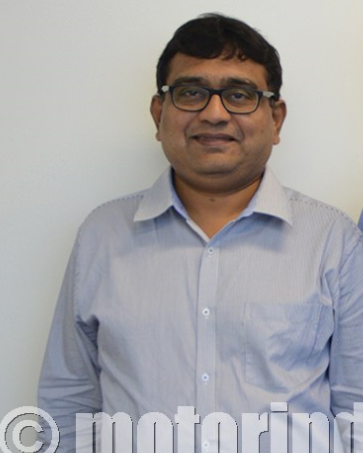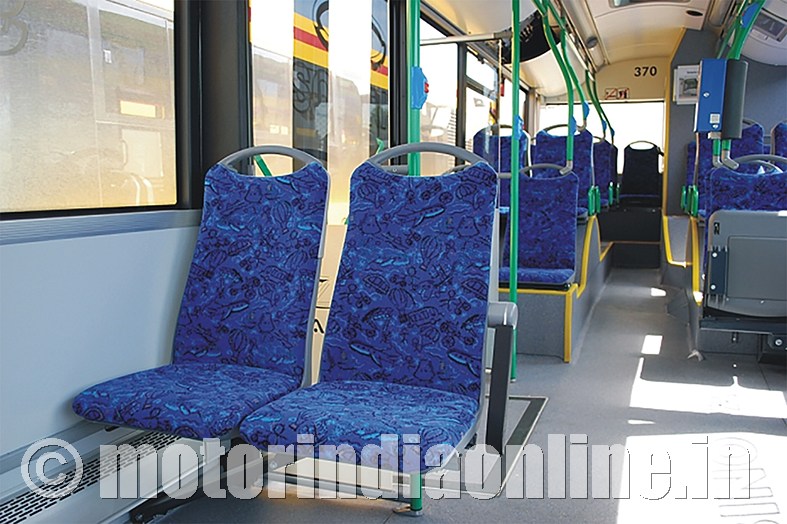Ster is a European company, headquartered in Poland, manufacturing world-class seats for intercity coaches, buses, mini buses, trams and special vehicles. Established in 1993, Ster has rapidly scaled the peak in the global bus and coach seats arena by becoming a preferred supplier of seating systems to major European bus and coach manufacturers such as Scania, Volvo, Daimler, Iveco and MAN, among others.

“As a company we are committed to passenger safety and to save ecology. Design and testing of our products is done at our state-of-the-art R&D centre ‘OBR STER’ is situated at Poznan in Poland,” states Mr. N. Vaideshwaran, Managing Director, Ster India Pvt. Ltd.
Ster India, a wholly-owned subsidiary of the Polish firm, has set up a manufacturing facility in Chennai, as it looks to tap the high growth potential of the commercial vehicle seating market in the country. Ster has always placed strong emphasis on safety and light-weighting which have been key driving factors of the company’s success globally.
Excerpts of Mr. Vaideshwaran’s comments on the topic follow:
Mandatory and other safety requirements in products
All our seats are manufactured under strict adherence to safety with focus on passenger comfort, in line with our commitment to saving ecology. Our seats are simple and strong in construction, anti-vandal, anti-bacterial and fire-resistant, and will pass most of the required fire standards & strength standards as per the market requirement.
Light-weighting necessity and trends
Our ultralight-weight seat ranges are offered at weights as low as 13.5 kg for double seat with leg & wall mounting and are ergonomically-designed and easy to assemble. Our light-weight seats enable considerable reduction in diesel fuel consumption thereby saving fuel and more importantly reducing CO2 emission.
From an ecology point of view, I would like to share some interesting statistics:
* Emission from 1 L of diesel fuel combustion = 2.7 – 3.1 kg of CO2
* Fuel saved during lifecycle of one bus = 4800 L
* Reduction in CO2 emission during lifecycle of one bus = 12,960 kg
* Reduction in CO2 emission during lifecycle of a fleet of 100 buses = 12,96,000 kg
* CO2 absorbed by 1 tree = 6 tons
* CO2 absorbed by 216 trees = 12,96,000 kg
* Inference: As a result of ultralight seats in 100 buses, 216 trees produce fresh air for people.
